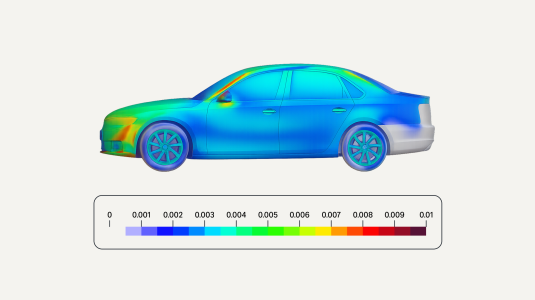Customer-obsessed science


Research areas
-
September 26, 2025To transform scientific domains, foundation models will require physical-constraint satisfaction, uncertainty quantification, and specialized forecasting techniques that overcome data scarcity while maintaining scientific rigor.
-
Featured news
-
NeurIPS 20232023Large language models of code (Code-LLMs) have recently brought tremendous advances to code completion, a fundamental feature of programming assistance and code intelligence. However, most existing works ignore the possible presence of bugs in the code context for generation, which are inevitable in software development. Therefore, we introduce and study the buggy-code completion problem, inspired by the
-
NeurIPS 20232023In this paper, we study the conditional stochastic optimization (CSO) problem which covers a variety of applications including portfolio selection, reinforcement learning, robust learning, causal inference, etc. The sample-averaged gradient of the CSO objective is biased due to its nested structure, and therefore requires a high sample complexity for convergence. We introduce a general stochastic extrapolation
-
NeurIPS 2023 Workshop on Adaptive Experimental Design and Active Learning in the Real World2023Offline Reinforcement Learning (RL) has emerged as a promising approach to address real-world challenges where online interactions with the environment are limited, risky, or costly. Although, recent advancements produce high quality policies from offline data, currently, there is no systematic methodology to continue to improve them without resorting to online fine-tuning. This paper proposes to repurpose
-
Predict, refine, synthesize: Self-guiding diffusion models for probabilistic time series forecastingNeurIPS 20232023Diffusion models have achieved state-of-the-art performance in generative modeling tasks across various domains. Prior works on time series diffusion models have primarily focused on developing conditional models tailored to specific forecasting or imputation tasks. In this work, we explore the potential of task-agnostic, unconditional diffusion models for several time series applications. We propose TSDiff
-
NeurIPS 2023 Workshop on Machine Learning for Structural Biology2023Molecular docking is a critical process in structure-based drug discovery to predict the binding conformations between a protein and a small molecule ligand. Recently, deep learning-based methods have achieved promising performance over traditional physics-based search-and-score methods. Despite their success on accurately predicting the binding poses of the small molecule ligands, modeling of protein flexibility
Collaborations
View allWhether you're a faculty member or student, there are number of ways you can engage with Amazon.
View all














































